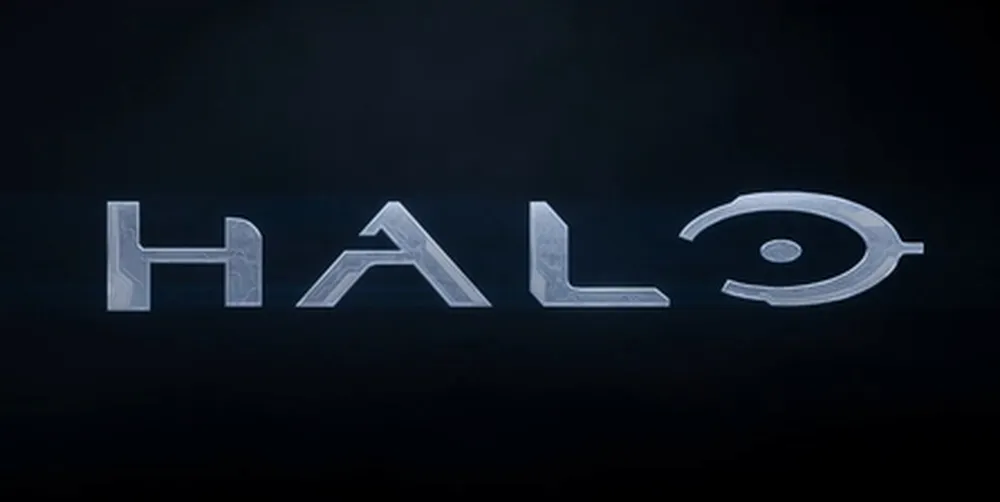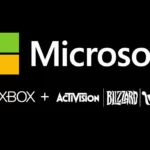Microsoft’s plan to acquire Activision Blizzard for $69 billion is facing opposition from the Federal Trade Commission (FTC), which is concerned about the impact on competition in the gaming industry. The FTC is seeking to halt the deal, arguing that it would give Microsoft too much power and allow it to dominate the market. Microsoft has proposed a consent decree to ensure that Call of Duty games are available to competitors for a decade, but the FTC is still pushing back. The European Union has cleared the deal, but the US judge will now decide on issuing an injunction. Sony is also lobbying regulators to block the deal, citing concerns about Microsoft’s history of non-compliance with behavioral commitments and its acquisition of ZeniMax, which led to exclusivity for some future Bethesda titles.
The ongoing FTC vs. Microsoft hearing has entered its second day, with Xbox lead Phil Spencer taking the stand and facing cross-examination from Microsoft. The presiding Judge Corley has been active in the proceedings, asking Spencer specific questions and seeking clarification on various topics. During the hearing, Spencer was asked to explain the concept of exclusivity in the console space, with the question specifically relating to why Halo was not available on PlayStation.
Spencer’s response was that exclusivity is a common practice across all platforms, and each has its own set of exclusive games that are not available on rival platforms. He also noted that Microsoft is at a disadvantage compared to its competitors in terms of the number and quality of exclusive games. Spencer explained that Halo is a smaller franchise compared to Call of Duty and Starfield, which are much larger in scale and generate higher revenue.
The Xbox lead highlighted that the major difference between these titles is the player count and the revenue they generate. He cited Minecraft as an example, which is the most profitable game for Microsoft and is available on all platforms. Spencer argued that given Call of Duty’s market share and profitability, it would be financially unreasonable to make it exclusive to Xbox and PC, and it should continue to be available on PlayStation.
Furthermore, Spencer emphasized Microsoft’s commitment to nurturing and growing the market for games on other platforms, as long as they have a significant customer base. He clarified that when building a new game, Microsoft’s goal is to maximize creativity and reduce costs, rather than making it exclusive to a single platform.
The FTC v Microsoft hearing has been full of interesting quotes on various topics, including Sony’s use of Xbox game revenue and their attempt at securing Starfield exclusivity. As the hearing continues, the parties involved are expected to provide further insights and perspectives on these and other issues.
The FTC is concerned that the deal would give Microsoft too much power and allow it to dominate the gaming industry, which could harm competition in the market.
Microsoft has proposed a consent decree that would ensure Call of Duty games are available to competitors for a decade.
Sony is concerned about Microsoft’s history of non-compliance with behavioral commitments and its acquisition of ZeniMax, which led to exclusivity for some future Bethesda titles.
According to Phil Spencer, exclusivity is a common practice across all platforms, with each platform having its own set of exclusive games that are not available on rival platforms.
Phil Spencer emphasizes that Microsoft’s goal when building a new game is to maximize creativity and reduce costs, rather than making it exclusive to a single platform. Microsoft is committed to nurturing and growing the market for games on other platforms, as long as they have a significant customer base.












